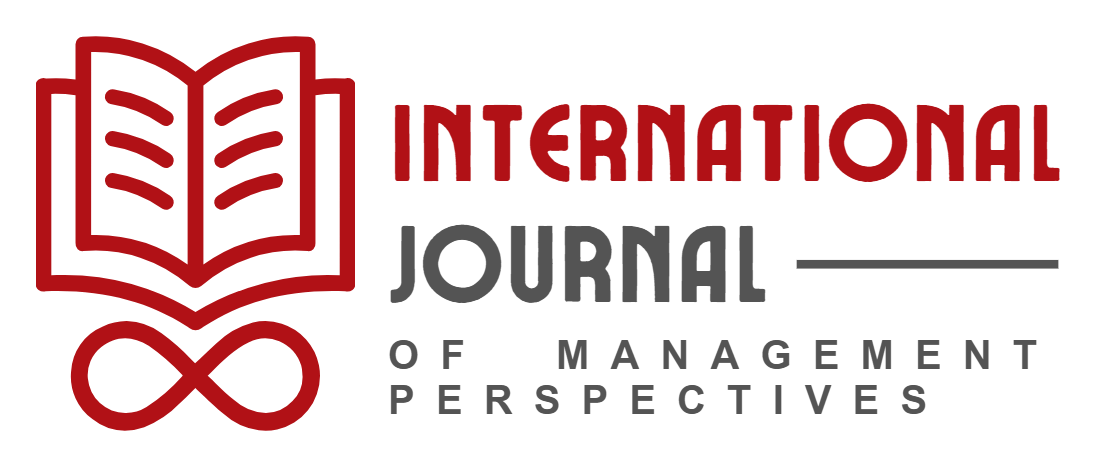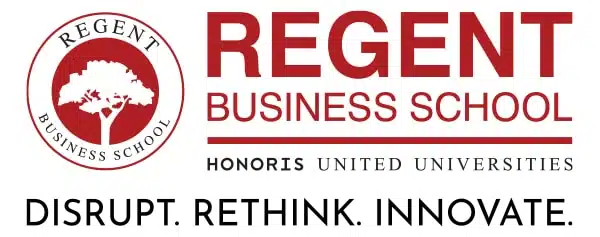Understanding Human Resource Management in the 21st Century
From its inception as ‘Personnel’, the domain of Human Resource Management (HRM) has undergone significant transformations. Today, when one asks, “What is human resource management?”, the answer extends beyond mere administrative tasks. Human Resource Management now denotes a strategic framework that views employees as indispensable organisational assets.
The Evolution and Significance of Human Resource Management
In the past, the functions of human resource management were primarily administrative and bureaucratic. In the modern landscape, however, the human resource management function signifies a collaborative role. Human Resource professionals work alongside business leaders, contributing to decisions and addressing challenges brought on by globalisation, technological innovations, and changing employment paradigms.
21st Century Challenges in Human Resource Management
- Candidate Selection: Today’s human resource management courses equip professionals to navigate the complex terrain of recruitment. It’s essential to overcome biases and find candidates who align perfectly with organisational objectives.
- Promoting organisational Culture: The rich tapestry of diverse workspaces brings innovation and demands adept management of various cultural values. This showcases the need to comprehend what is a human resource management strategy that can unify these diversities.
- Career Development & Growth: Modern human resource management courses stress the importance of holistic employee development, transcending mere skill-based training.
- Conflict Management & Resolution: Conflict is inherent in workplaces. The functions of human resource management today include efficient conflict resolution, and ensuring harmony and productivity.
- Upholding Business Ethics & Values: A pivotal human resource management function is safeguarding the organisation’s reputation by emphasizing ethics and values.
Essential Functions of Human Resource Management
- Recruiting and Hiring: Central to the functions of human resource management is the identification and onboarding of suitable talent, ensuring they resonate with the company’s vision.
- Employee Benefits: Designing and offering fair compensation and benefits packages.
Recognition and Reward: Celebrating and rewarding exceptional performance. - Training and Development: Presenting a comprehensive human resource management course range and development plans to refine employee capabilities. A non-negotiable human resource management function is the strict adherence to labour and employment laws.
Recommendations for Contemporary Human Resource Management
With the evolution of HR, bolstered by advanced human resource management courses, human resource practitioners are now better equipped to handle the nuances of today’s corporate world. As organisations grow and branch out, there’s a need to foster specialised human resource units tailored to unique operational domains. Mastery of the latest technological tools and a profound understanding of what is a human resource management system remains imperative.
Human Resource Management’s role today is unparalleled in its significance. Enhanced by cutting-edge human resource management courses, along with technological adaptability and forward-thinking strategies, human resources is poised to continue its trajectory of adding immense organisational value.
REGENT offers the following programmes in Human Resource Management:


